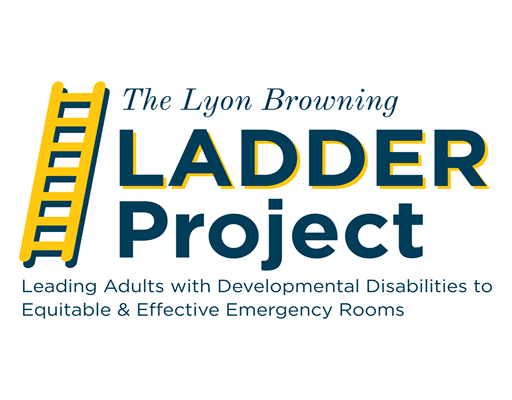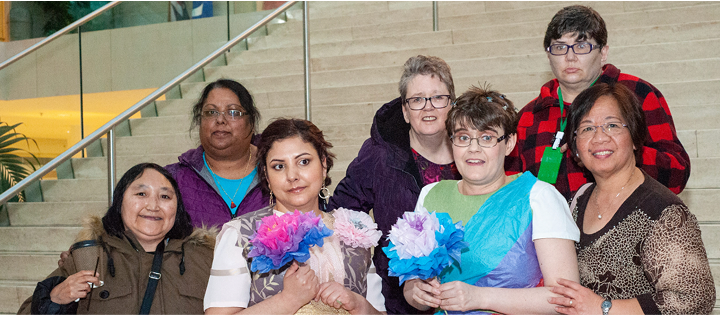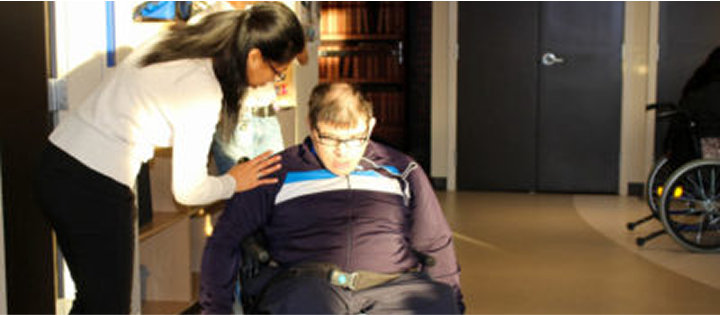
Lyon Browning LADDER Project
The Lyon Browning LADDER Project
We Believe
We Believe that everyone in Alberta should receive equitable and effective acute emergency care regardless of a developmental disability or cognitive impairment.
We Understand
We understand the Canada’s healthcare system, and we also believe there is an opportunity to improve the system.

We See An Opportunity
The Excel Society is recognized as a partner & employer of choice in the Community Living and Supportive Services industry due to our ability to provide exceptional care to our clients while also operating a highly efficient and effective governance. In addition to this, we are fortunate enough to receive generous donations from our partners in the community to offset our fundraising and administration expenses.
Medical procedures escalate to more serious medical issues because people with disabilities often have complex health needs and require special care approaches and environments to get their healthcare needs met. The systems gap creates inefficiencies, places increased pressure on clinical resources, and drives up delivery costs. There is an opportunity to improve emergency care for people living with disabilities.
We want the best emergency care possible for all Albertans. Compared to the general population, adults with developmental disabilities and cognitive impairments are more likely to:




Support the Solution
The adult population we are concerned with requires services similar to those provided to children at specialized children’s hospitals, services that this population transitioned from as they became adults. These hospitals are uniquely tailored to the specific needs of sick children who may require emergency care or primary acute and post-surgical care and beyond.
These hospitals have highly trained staff and adjusted approaches to care specific to the needs of children. There is a need for a similar centre, but tailored to the needs of adults with intellectual impairment and developmental disabilities, including supports for the communication and behaviour challenges that accompany these individuals.
A centre such as this would have numerous benefits including a reduction in missed diagnosis and a reduction in points of contact, ultimately improving the care for these individuals while reducing costs, hospital wait times and stress on the overall system.

Support the LADDER Project!






